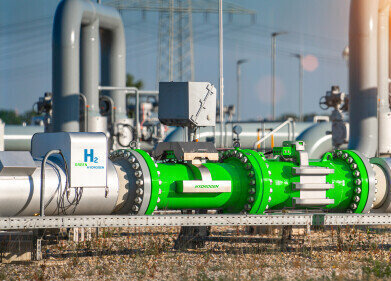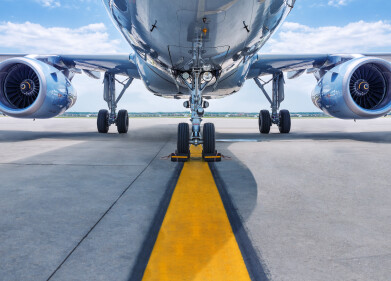Sustainable aviation fuel (SAF)
Biofuel analysis: Airlines need government support
Jun 12 2012
Recent biofuel analysis has found that airlines will need government support before they can start using the fuels commercially.
Tony Tyler, chief executive of the International Air Transport Association (IATA), said although airlines have flown some 1,500 commercial flights using fuel made from plants, it will require government funding if they are to use the fuel routinely.
He told reporters in Beijing ahead of IATA’s annual general meeting: “We need governments to adopt policies to help support commercialization of biofuels to bring up the volume and bring down the price.”
Beijing is an iconic place to be after recent controversy over EU carbon charges. China has strongly opposed additional taxes on their airliners flying in and out of Europe, and their protests have been supported by the US, Russia, India and other governments, some of which have ordered their airlines not to cooperate.
The EU has said it would reconsider its program if talks under way in the International Civil Aviation Organization, a UN body, produce a global agreement to regulate airline carbon emissions. Although aviation only accounts for three per cent of total emissions of carbon, the industry is the fastest growing source of the pollutants, which is why there has been a call to arms.
Airlines have tested fuels made from jatropha, an oily nut; camelina, a flower with an oily stem; algae and other plants. Carriers in Europe, Asia, Australia and New Zealand have flown using varying mixtures.
Supporters of the new fuels say that the environmental impact of using them is minimal because most of the carbon is already present in the plants used to make the fuel. Mr Tyler projects that biofuels could reduce aviation’s “carbon footprint” by up to 80 per cent. He said: “Already, today, we are a lot more advanced than we ever thought we would be.”
Additionally, “the latest fuels have received government approval and can be made from plants that do not compete with food crops for land and water”, he said.
Posted by Claire Manning
Digital Edition
PIN 26.1 Feb/Mar 2025
March 2025
Analytical Instrumentation - Elemental Analysis for Quality and Process Control at Refineries, for Lubricants and Wear Metals in Engine Oils - Synthetic Lubricants: New Developments - Scaling...
View all digital editions
Events
Apr 08 2025 Birmingham, UK
Apr 08 2025 Kielce, Poland
Apr 08 2025 Ravenna, Italy
Apr 08 2025 Southampton, UK
Apr 08 2025 London, UK



















